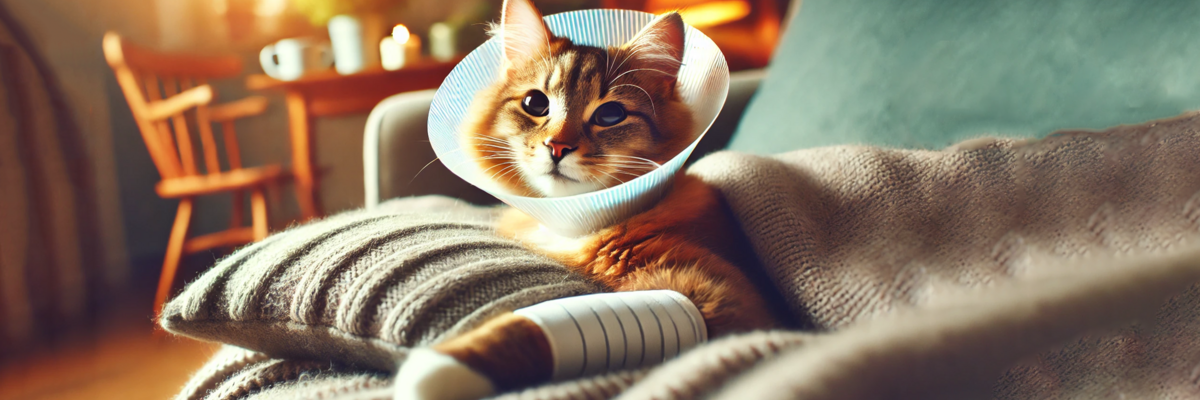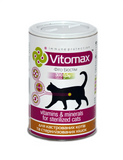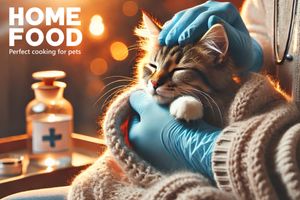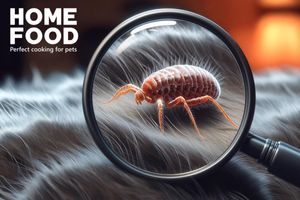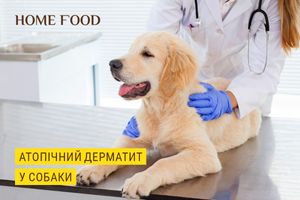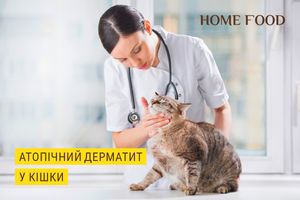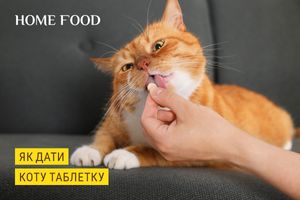Experienced cat owners and owners of the first cat in their life may face the question of castration, its pros, cons and consequences. In some situations, castration is necessary due to the cat's health, and in others it is related to the comfort of pet owners, the presence of other cats or cats in the house. The surgical operation is not too complicated. Gonads are removed minimally invasively. After coming out of anesthesia, the cat can go home to recover.
Positive consequences of castration of cats
Castration significantly improves cohabitation of cats and their owners in apartments or private houses. After castration of the animal:
If there are animals of both sexes in the house, castration makes it possible to avoid conflicts between animals and the appearance of unexpected offspring. Cats become more adequate after castration, they damage the owners' furniture and belongings less.
Possible negative consequences of castration
Owners should also know some of the negative consequences of removing the gonads:
To minimize the disadvantages of castration, the operation should be performed before the onset of puberty, that is, at 7-9 months, depending on the breed.
The operation lasts no more than half an hour, but you should prepare for it - identify contraindications and exclude possible complications. Any consequences for the cat's health are rare. The veterinarian checks the heartbeat, makes sure that the animal has successfully recovered from anesthesia and sends the pet home with the owner.
At home, a cat is assigned a diet, care and love of the owner. When coming out of anesthesia, the animal's coordination may be impaired, so it is necessary to ensure that the cat does not fall and injure itself.
Cat behavior after castration
Castration, like any surgical intervention, becomes a strong stress for the cat. Each animal reacts to stress and anesthesia in its own way. Some cats are lethargic and apathetic after coming out of anesthesia, others are wary or even aggressive. The environment and the level of excitement during the preparation for the operation can also leave a mark on the cat's behavior.
Even the kindest cats can scratch the doctor and the owner on a par with uncontrolled animals due to fear and pain. But the pet's mood will gradually normalize, the pain will disappear and the stitches will heal. The main thing is not to take offense at the cat, endure the time when it hurts and is afraid, surround it with affection and care.
Cats quickly recover from anesthesia and return to their normal lifestyle. Local anesthesia does not last long, and after an hour the pet regains consciousness, and the animal can recover from general anesthesia for up to 24 hours. General anesthesia makes the cat weak, prevents it from normally navigating in space. The animal may feel nauseous, eat poorly.
If your pet is recovering from general anesthesia, you should not leave it unattended, especially on a chair, couch, or anywhere it could fall. It can be difficult for the animal to calculate the trajectory and force of the jump, it can hit the corners of the furniture.
No veterinarian can say exactly how long it will take for the cat to recover from anesthesia. Awakening is quite individual and depends on the state of the body in general. Lethargy, dizziness and drowsiness can be observed for several more days, so the animal should be surrounded by care.
Many cats tend to hide in quiet, cozy places when they are hurt and scared. If the cat wants to be alone, do not disturb him. He will gradually calm down and return to his usual way of life.
Some may, coming out of anesthesia, defecate, meow loudly, try to run. Such pets need to be monitored, as impaired coordination can lead to injuries.
Cats operated on too late retain many of the habits formed during puberty. Until the hormonal background stabilizes and the level of sex hormones decreases, they can continue to mark corners and furniture. If the animal left marks only during "walking", after a couple of weeks this habit will disappear. If the cat constantly marks the territory, especially in houses with a large number of animals, then it can continue to mark after castration. There will be no sharp smell, but the male can mark until old age.
If the cat was neutered after the first sexual desire and he has already mastered the skills of mating with cats, he can try to mate further, but there will be no offspring. Immature cats after castration do not need the attention of cats.
Any cat after castration is no longer a male concerned with reproduction, but a gentle domestic cat, which gradually stops howling at night, fighting with other cats and marking all surfaces in the house with smelly urine.
Rehabilitation of a cat after castration
Rehabilitation after castration does not require any special procedures, the main thing is to provide the cat with peace and pay attention if he wants it. If there are no complications, the pet will return to normal in a few days. The pet will sleep a lot and eat little. In rare cases, the place of the suture may disturb the animal, and the damaged tissues should be treated with an antiseptic or antibiotic ointment as prescribed by the veterinarian.
In case of severe pain, the doctor can prescribe painkillers. But if the pet has regained consciousness and looks healthy, then you should not give him extra medication. Castration - the operation is not difficult, after a week the cat will recover on its own without medication.
What should you pay attention to after castration of a cat?
After coming from the vet clinic after castration, you should:
You should not bathe the animal in the coming month, so as not to damage the wounds and introduce an infection. It is necessary to monitor:
After the castration of the cat, the owner receives all the necessary information about postoperative care from the doctor. The pet quickly forgets the procedure itself and returns to normal life, but without hormonal explosions.
What to feed a cat after castration
You can feed the pet 8-10 hours after castration, when it wakes up and is ready to eat. At the same time, water must be immediately available to the cat.
It is better to give liquid food - not too saturated meat broth, low-fat kefir or cheese, if the cat has no problems with the tolerance of dairy products. The diet should be dietary and light.
Do not give the animal:
Feed should be introduced gradually so as not to burden the stomach. You can dilute food with water, strictly monitoring the amount and avoiding overeating. You should choose dry food for neutered cats from the lines of a special veterinary diet for sterile animals. Pets on natural food can eat rabbit meat or beef, porridge with a small amount of vegetables. Vitamin supplements should be added and fatty and salty foods should be avoided.
If the cat refuses to eat for more than 2 days, you should consult a veterinarian. This may indicate the beginning of an inflammatory process.
Possible complications after castration
Complications after castration are rare, but owners should consider their possibility. Anesthesia can cause constipation. If the cat cannot go to the toilet for a few days after castration, it is worth giving him petroleum jelly and children's drops for constipation in the minimum dosage. Diarrhea after castration can be a reaction to stress or a sign of a bacterial infection. If the diarrhea does not go away in a day or two, it is better to go to the veterinarian and pass tests.
A few days after castration, the cat may have problems with urination due to the fact that it eats and drinks little. If the cat made a puddle past the tray, you should not scold him, it is still difficult for him to use his toilet. You can put a diaper on the pet or put a diaper on it until the condition normalizes. If the cat cannot go to the toilet for 2 days or there are traces of blood in the urine, you need to consult a veterinarian and check for hidden bleeding. Symptoms of complications can be:
You need to go to the vet urgently if the cat:
You need to monitor your pet especially carefully for the first 2-3 days, as complications may appear during this period. Then, most often, recovery occurs by itself without unnecessary medications and a visit to the veterinarian.









